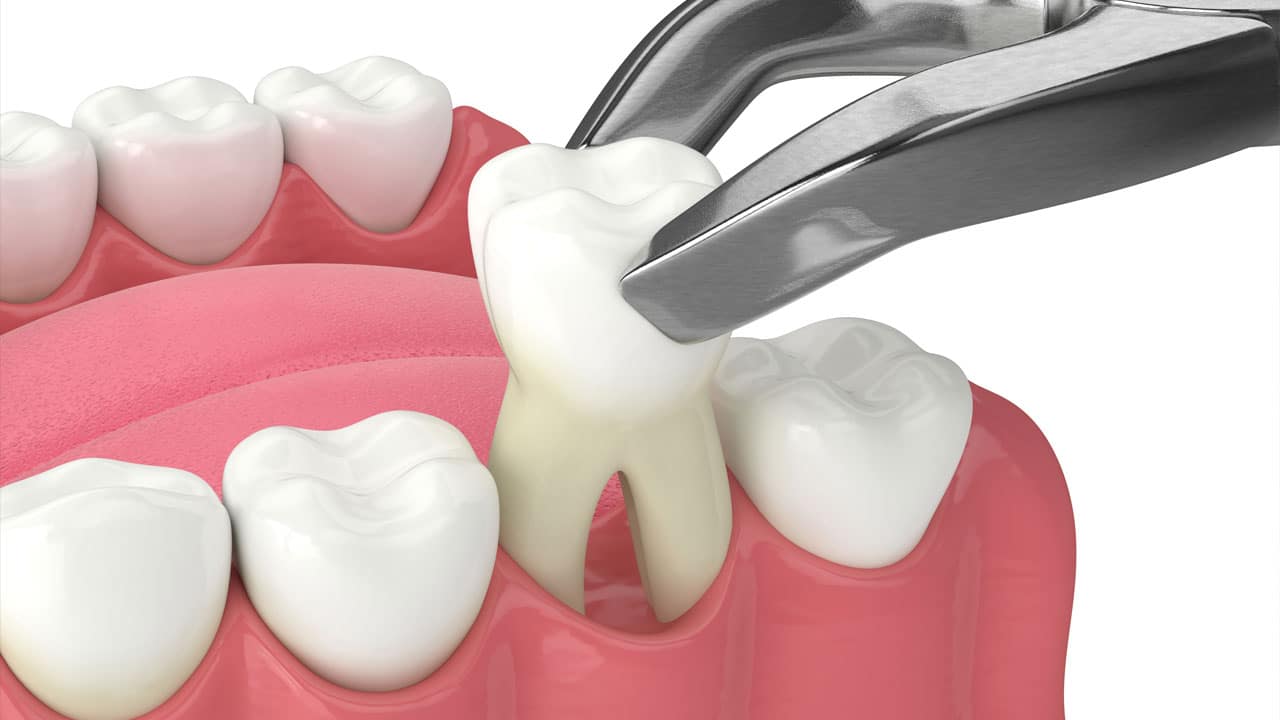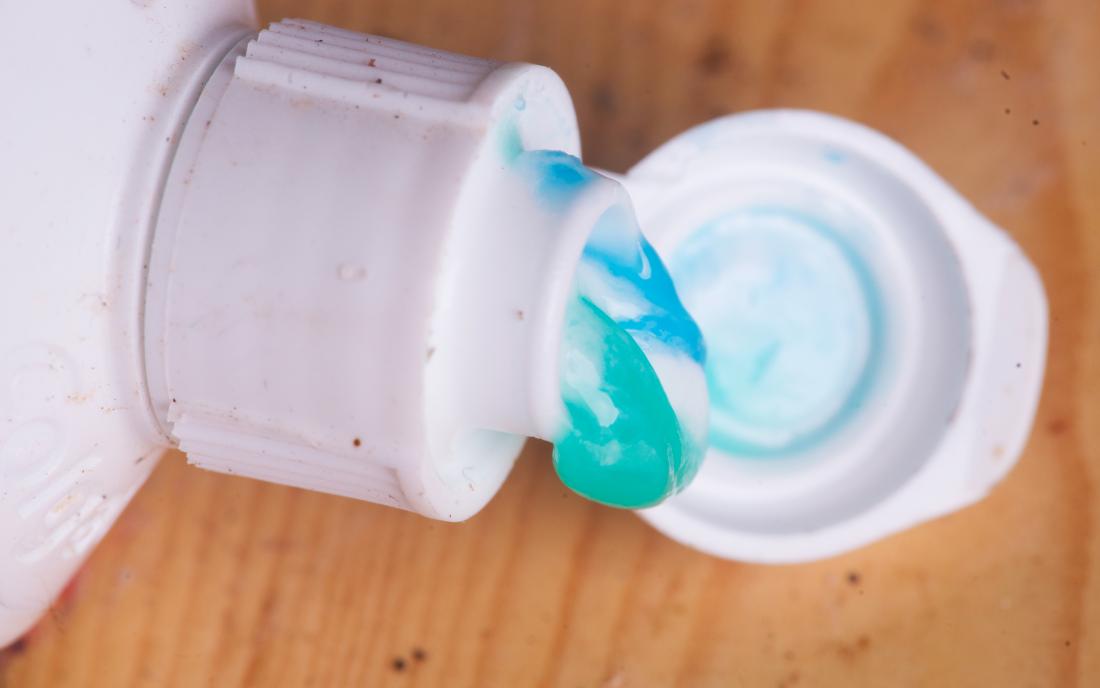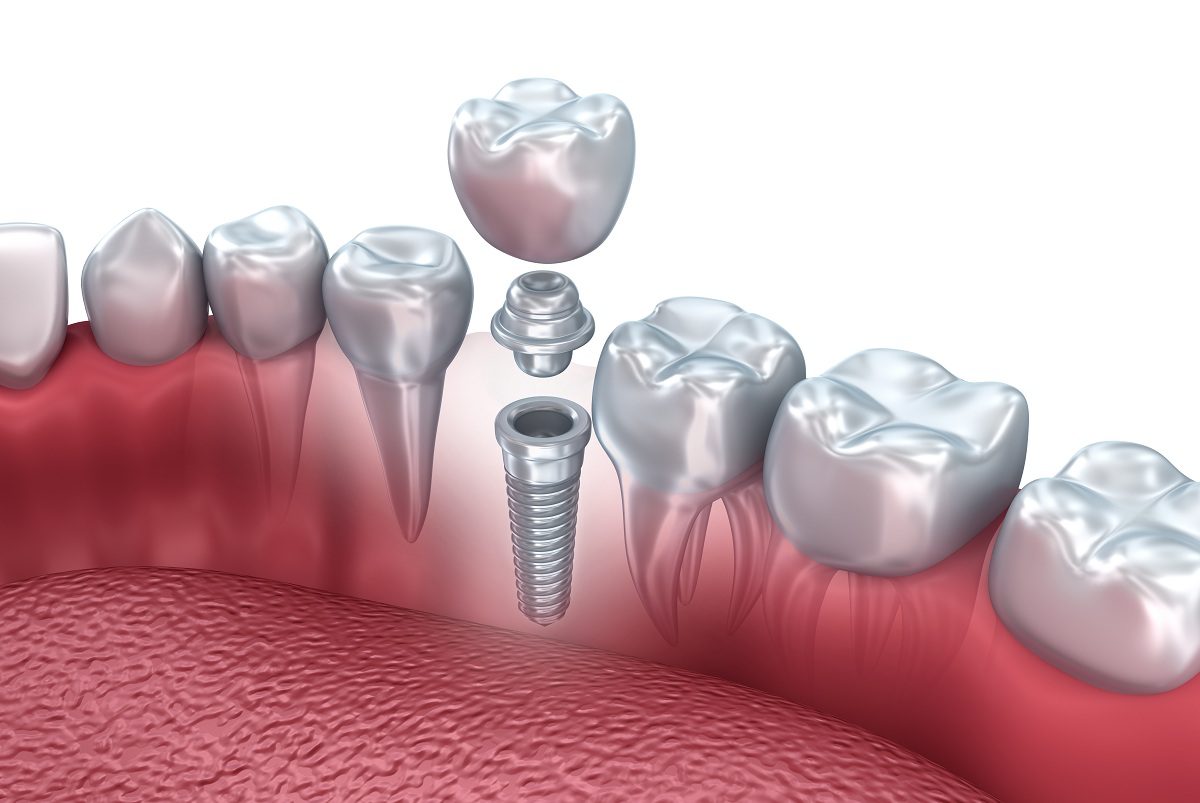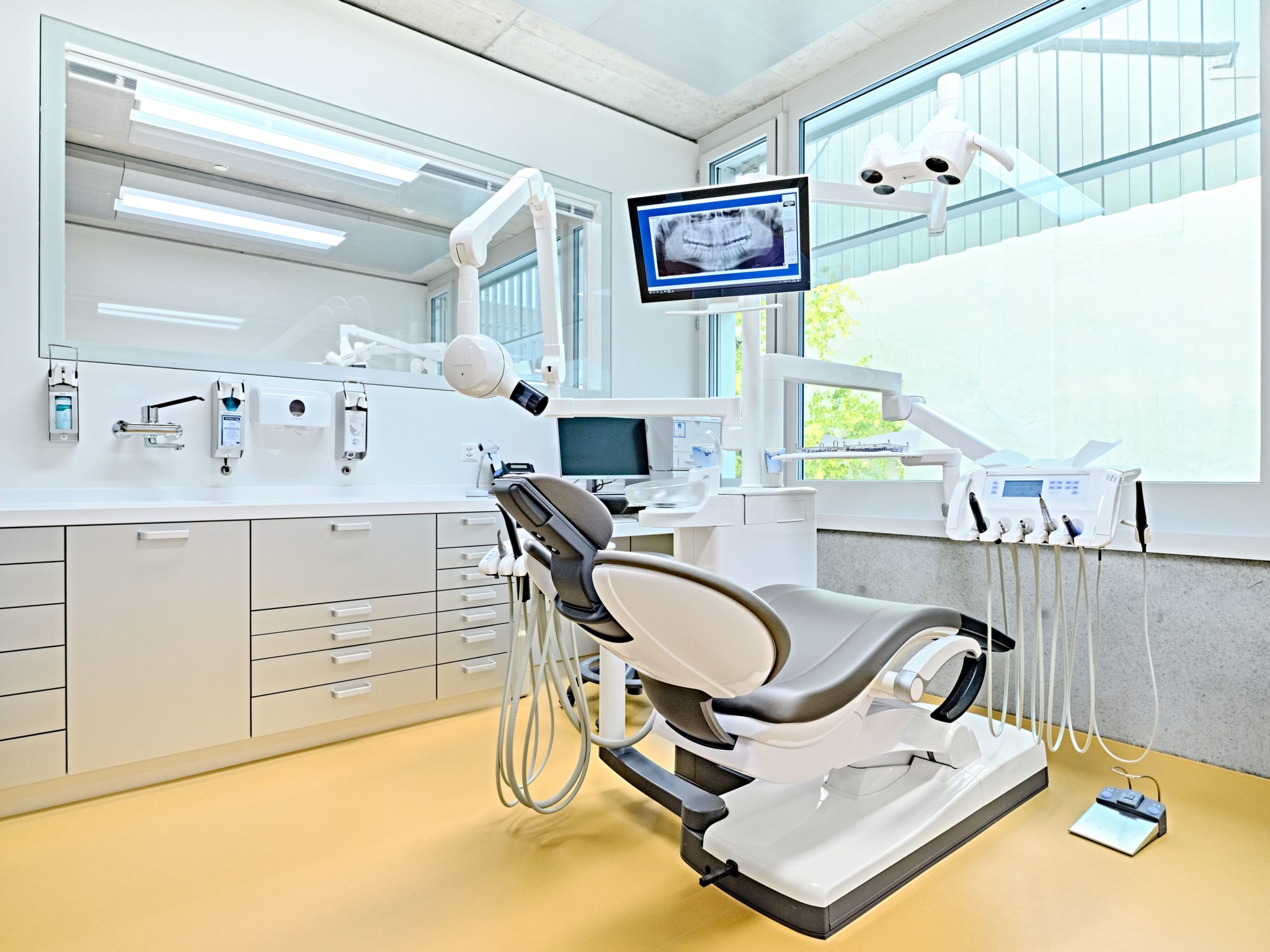A horrible taste in the mouth after a tooth extraction is typically due to blood, medications, or food particles in the extraction site.
It’s a common postoperative symptom and can usually be managed with proper oral hygiene and following your dentist’s instructions.
If the taste persists or is accompanied by severe pain or other concerning symptoms, consult your dentist for evaluation and guidance.
Causes of Bad Taste After Tooth Extraction
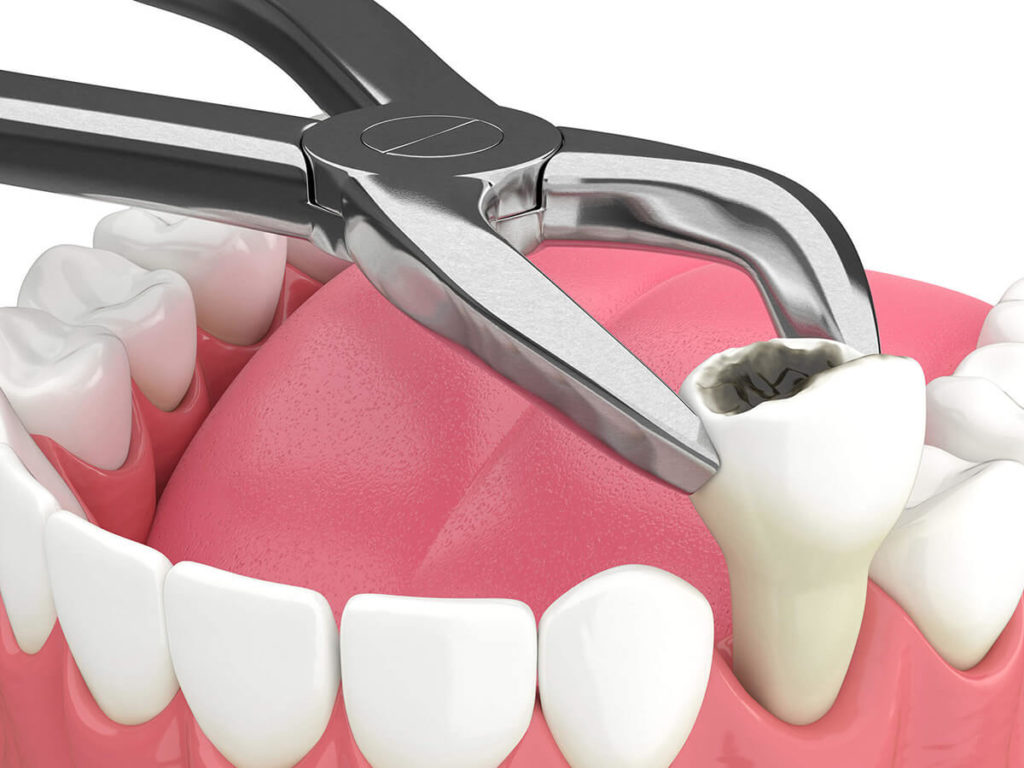
Infection
Infection can lead to a bad taste after tooth extraction when bacteria invade the surgical site. During a tooth extraction, a wound is created in the gum tissue, which is susceptible to bacterial infiltration.
If infection occurs, these bacteria can release metabolic byproducts and toxins that taste unpleasant. Additionally, pus formation in the infected area can contribute to the foul taste.
Common signs of infection after tooth extraction may include:
- Increased pain and discomfort that doesn’t improve with time
- Swelling that worsens instead of subsiding
- A persistent or worsening fever
- Foul-smelling discharge or pus from the extraction site
- Redness and inflammation around the extraction site
- An unsavory or metallic mouth taste.
Blood Clots
Blood clots are integral to the healing process following tooth extraction. They serve several vital functions, including stemming bleeding, safeguarding exposed bone and nerve endings, and creating a framework for the growth of new tissue.
Blood clots also act as a barrier, preventing bacteria and food particles from entering the socket.
Disruption of blood clots can lead to a bad taste by exposing the healing site to external contaminants, including bacteria and food debris.
When the protective blood clot is dislodged or dissolved prematurely (a condition known as “dry socket”), the extraction site becomes more vulnerable to infection.
The presence of infection, as mentioned earlier, can result in a foul taste due to the release of bacterial byproducts.
Food Debris and Bacteria
Leftover food particles and bacteria can contribute to a bad taste after tooth extraction as they can accumulate in the socket left behind by the removed tooth.
This can lead to the decomposition of food particles and the production of unpleasant odors and tastes. Additionally, bacteria can multiply in this environment, further exacerbating the problem.
To maintain oral hygiene during recovery and minimize the risk of a bad taste:
- Follow your dentist’s post-operative instructions, which may include guidelines for cleaning your mouth.
- Gently rinse your mouth with warm saltwater as your dentist prescribes to help remove debris and reduce bacterial growth.
- Avoid excess rinsing or spitting in the immediate post-operative period to prevent dislodging the blood clot.
- Avoid using straws, smoking, and excessive alcohol consumption, as these activities can disrupt blood clots and increase the risk of infection.
- Maintain regular oral hygiene by gently brushing your teeth and tongue (avoiding the surgical site) and using an antimicrobial mouthwash if your dentist recommends.
Remedies for Dealing with Bad Taste After Tooth Extraction
Rinsing with Salt Water
Benefits of salt water rinses:
- Saltwater has natural antiseptic properties that can help reduce the risk of infection and soothe irritation.
- This practice can help eliminate food particles and bacteria, which may be responsible for the unpleasant taste.
- Saltwater rinses can promote a clean and healing environment in the mouth.
- Instructions for preparing and using a saltwater rinse:
- Combine 1/2 teaspoon of salt with 8 ounces of warm water.
- Do Gurgling with the solution for 30 seconds, then expel it. Repeat this routine 2-3 times daily, particularly after meals.
- Repeat this process 2-3 times a day, especially after meals.
Proper Oral Hygiene
The importance of gentle brushing and flossing:
- While it’s important to maintain oral hygiene, be very gentle around the extraction site to avoid disturbing the blood clot.
- Use a soft-bristle toothbrush to clean your remaining teeth and tongue.
- Avoid brushing directly on the extraction site until your dentist advises you to do so.
- Guidance on maintaining oral hygiene without disturbing the extraction site:
- Focus on cleaning the teeth adjacent to the extraction site.
- Rinse your mouth gently with water or a prescribed mouthwash after eating to remove food debris.
- Continue regular dental hygiene practices while avoiding the surgical area.
Over-the-Counter Mouthwashes
Suggest suitable mouthwashes for post-extraction care:
- Alcohol-free and antimicrobial mouthwashes, such as chlorhexidine-based rinses, can be recommended by your dentist.
- These mouthwashes can help reduce the risk of infection and maintain a clean environment in the mouth.
Recommendations for their safe use:
- Adhere to the precise guidance outlined by your dentist or the instructions on the mouthwash label.
- Use the mouthwash as directed, being careful not to rinse too vigorously, which can dislodge the blood clot.
- Do not use mouthwashes with alcohol, as they can be harsh and may delay healing.
Hydration
How staying hydrated can help reduce bad taste:
- Proper hydration helps maintain saliva production, which has natural cleansing and protective properties in the mouth.
- Adequate hydration can prevent dry mouth, which may exacerbate the bad taste.
- Encourage readers to drink water and avoid certain beverages:
- Maintain hydration by drinking water regularly.
- Avoid caffeine and sugary beverages, as they can contribute to dry mouth and increase the bad taste.
Avoiding Tobacco and Alcohol
Discuss the negative impact of tobacco and alcohol on the healing process:
- Tobacco hinders blood flow and oxygen delivery to the surgical site, potentially slowing healing.
- Meanwhile, alcohol can heighten infection risk and disturb the blood clot.
- Advise readers to abstain from these substances during recovery:
- Avoid smoking or using tobacco products, and consider this an opportunity to quit.
- Refrain from consuming alcoholic beverages until your dentist gives the green light, as it can hinder the healing process and increase the risk of complications.
Preventing a Bad Taste After Tooth Extraction
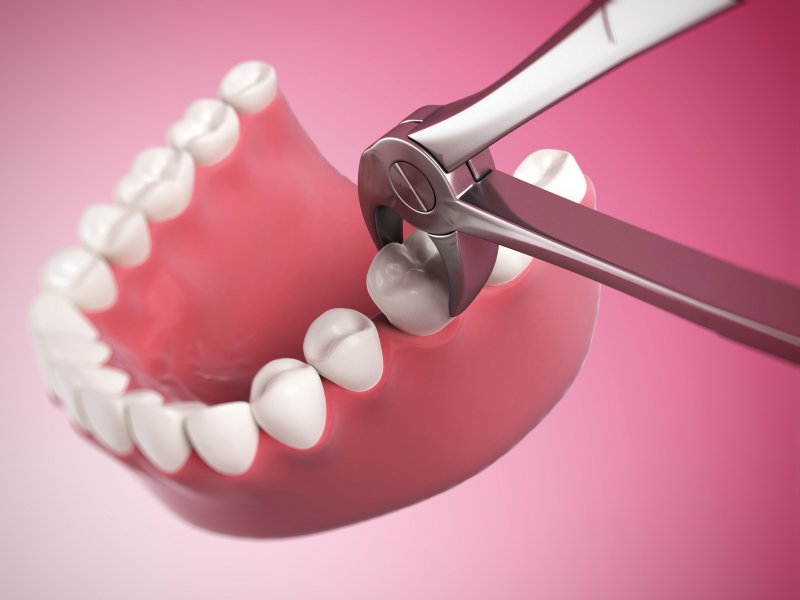
Preventive measures before and after the extraction procedure:
Before the extraction:
- Choose a skilled and experienced dentist or oral surgeon for the procedure.
- Inform your doctor of any medical conditions, allergies, or medications you
- ‘re using. Adhere to any pre-operative instructions from your dentist, including fasting if required.
After the extraction:
- Follow your dentist’s post-operative instructions carefully to promote proper healing and minimize complications.
- To uphold proper oral hygiene, gently brush your teeth and tongue (avoiding the surgical site) and follow your dentist’s mouthwash recommendations.
- Avoid using straws, smoking, or consuming alcohol, as these activities can disrupt the healing process.
- For the initial days, choose a soft or liquid diet to avoid food particles becoming trapped in the extraction area. Ensure
- hydration by drinking water regularly to prevent dry mouth.
Guidance on the following post-operative instructions:
Listen to your dentist or oral surgeon’s recommendations regarding pain management, which may include over-the-counter pain relievers or prescribed medications.
- Avoid vigorous rinsing or spitting immediately after the extraction to prevent dislodging the blood clot.
- Use saltwater rinses and prescribed mouthwashes as directed to maintain oral hygiene and prevent infection.
- If you experience severe or worsening pain, a persistent bad taste, swelling, discharge, or fever, contact your dentist or oral surgeon promptly.
- Continue to follow post-operative instructions for the recommended duration, as healing times can vary depending on the type of extraction and your individual circumstances.
FAQs
Is it normal to experience a bad taste after a tooth extraction?
Yes, it’s relatively common to have a bad taste during the healing process after a tooth extraction.
Will the bad taste go away on its own?
In many cases, the bad taste will diminish as the extraction site heals, but it’s essential to maintain good oral hygiene.
What can I do to alleviate the bad taste at home?
To enhance the taste, gently rinse your mouth with warm saltwater and maintain good oral hygiene.
Can I use mouthwash to get rid of the bad taste?
It’s generally best to avoid alcohol-based mouthwashes, as they can hinder the healing process. Consult your dentist for suitable rinsing solutions.
How long will the bad taste last after a tooth extraction?
The duration can vary, but it often improves within a few days to a week, depending on the individual and the extraction.
What if the bad taste persists or worsens?
Contact your dentist promptly, as it might indicate an issue that requires professional evaluation and treatment.
Can certain foods or drinks worsen the taste?
Strong-flavored or acidic foods and beverages may temporarily intensify the bad taste. Consider avoiding them if they cause discomfort.
Is it safe to brush my teeth after a tooth extraction?
Yes, but do so gently and follow your dentist’s post-extraction care instructions.
Can over-the-counter products help with the bad taste?
Over-the-counter oral rinses designed for post-surgery or dry mouth may provide some relief. Consult your dentist for recommendations.
Does a bad taste indicate a problem with the extraction site?
Yes, a bad taste indicates a problem with the extraction site, such as infection or dry socket.
Conclusion
In conclusion, experiencing a bad taste after tooth extraction can be an unpleasant and concerning issue, but with the right knowledge and proactive measures, it can often be prevented and managed effectively.
Understanding the potential causes, such as infection, disrupted blood clots, and the accumulation of food debris and bacteria, is key to addressing the problem.
To prevent a bad taste, follow your dentist or oral surgeon’s post-operative instructions and maintain good oral hygiene.
Rinsing with salt water, using suitable mouthwashes, staying hydrated, and avoiding tobacco and alcohol are additional measures that can aid recovery.







